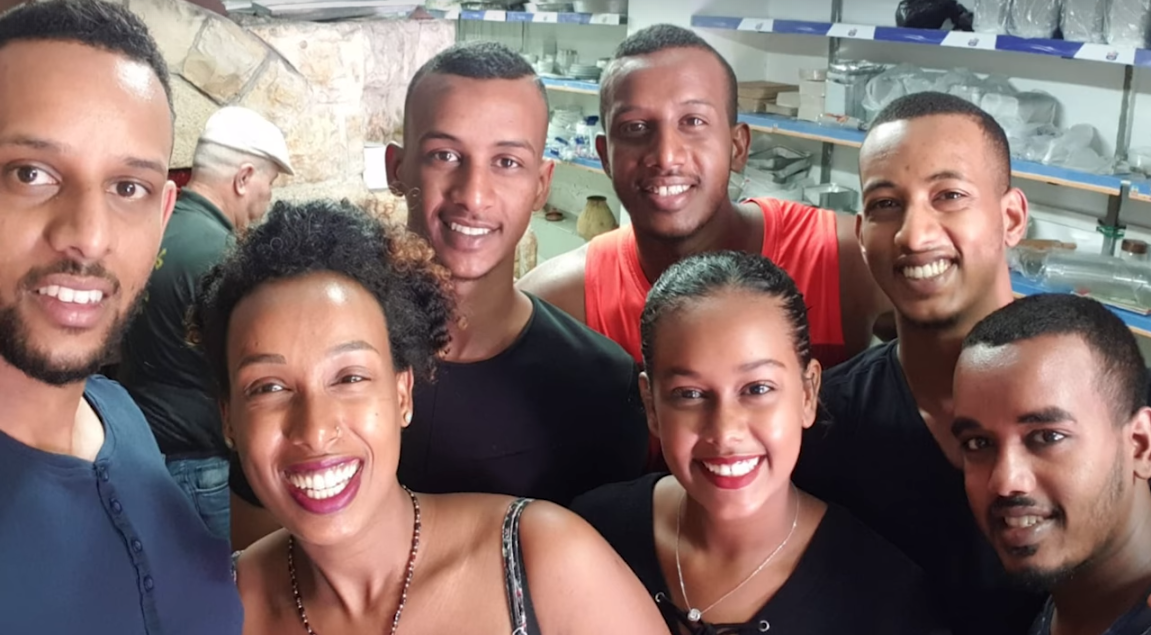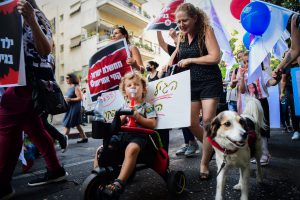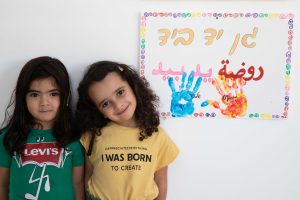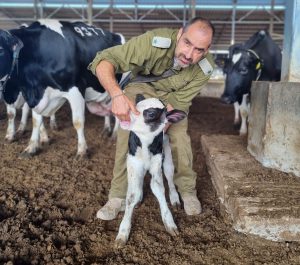Reduced Inequalities


SDG 10- The Ethiopian Israeli Community – Part 1
Updated: November 2020
To kiss the earth of your Orit, the land of your childhood dreams,
Only to be smeared with dust by the long-sought-for kin
Grudgingly welcomed with a stinging, wet humility.
In an eloquent poem, Yosef Yamana ben Yeshaq, an Ethiopian-Israeli writer and Jerusalem resident, describes the plight of the Ethiopian-Jewish community. Since the exodus of 22,000 Ethiopian Jews to Israel with Operations Moses (1984) and Solomon (1991), the Ethiopian integration into Israeli society has faced numerous challenges. In an effort to resolve the feeling of enduring alienation, the Ministry of Justice produced a 170-page report in 2016 that both acknowledges some racism in Israeli society and presents 53 recommendations for government ministries to implement.
Submission of the report was quickly followed by the establishment of the Ministry of Justice’s National Anti-Racism Unit. The Unit oversees incidents of reported racism; implementation of the State Attorney’s guidance on investigating cases of racial profiling by the police; the appointment of supervisors for the prevention of racism in all government ministries; and guidelines to prevent governmental publications from encouraging prejudice or stereotyping.
Unit head Adv. Aweke Kobi Zena has been public about his own bouts with racism while also sharing a message of hope: “Like many countries, we face many challenges in this area [of prejudice]. However, [the Israeli] government has shown a real commitment to combating racism not only against Jews of Ethiopian descent, but against all sectors of our society by establishing the Anti-Racism Unit.” Immigration & Integration Minister Pnina Tamano-Shata, Israel’s first minister of Ethiopian descent, has expressed her belief that the country has made great strides for the better in this context.


One of the biggest challenges in the integration of the Ethiopian-Israeli community is in the field of education.
In higher education, the number of Israeli students of Ethiopian descent rose from 747 in 1999/2000 to 3,194 in 2015/2016. Of those, 88% are studying for a bachelor’s degree, 11% for a master’s and 1% for a doctorate (students of Ethiopian background account for about 1.3% of all Israeli bachelor’s degree students – slightly below the community’s percentage in the general population – and are under-represented with regard to more advanced degrees). To boost this trend the government-funded Council for Higher Education (CHE) adopted a $40.4-million plan to increase the number of bachelor degrees held by Israeli students of Ethiopian descent by 35% within the next five years. At the same time, CHE is offering research-based master’s degree scholarships for academic excellence for students from this community.
While there has been significant improvement in educational levels among Ethiopian children, these rates are significantly lower than in the general populace.
In early recognition of the emerging challenges, the Steering Committee of Ethiopian Immigrants in the Education System was established back in 1994 to assist educational institutions with these pervasive obstacles. The committee provides counseling for educational institutions, facilitates support groups for Ethiopian-Israeli parents, provides educational and social mediation and delivers funding for the purchase of sports equipment.
Israel’s first Sustainable Development report, submitted to the United Nations in July 2019, describes the country’s key activities in overcoming educational challenges:
- In 2016, “A New Path,” an inter-ministerial program, was established to address students of Ethiopian descent in elementary schools. The program was successful in referring students to the relevant departments in the Education Ministry’s Pedagogic Administration.
- In the academic year of 2018/19 across 245 elementary schools, the “Class Counsellor” initiative was incorporated. The targeted schools lack appropriate intervention as of yet, so a diversity specialist counsellor visits each school with the goal of helping teachers in the areas of language and mathematics teaching. In conjunction with local authorities, vouchers are distributed to students of Ethiopian descent between grades 1 and 5 allowing them to enjoy afterschool, extra-curricular activities.
- Together with the Department for Gifted and Outstanding Students, the Nitzanei Amirim program promotes a culture of achievement and excellence for students of Ethiopian descent.
Paralleling improvements in the education field, employment among Ethiopian Israelis is also on the rise. According to a report by the Brookdale Institute, between 2000-2016 employment rates among the 22-64 age group rose from 37% to 74% for women and from 62% to 80% for men. This is similar to the 2016 employment rate for the general Jewish populace (80% for women and 81% for men). In the broader context, income remains 40% lower, with an average Ethiopian household income of NIS 11,254 ($3,242) compared to NIS 15,751 ($4,400) in the wider Jewish Israeli population.
Working-age Ethiopian Israelis account for 1.8% of the country’s labor force (this is also the community’s approximate representation in the overall population). According to the Civil Service Commission’s latest diversity report released in May (and covering 2019), Ethiopian Israelis comprise 2.8% of those employed in the civil service – a 1.2% rise from 2015-19. Approximately 41% of Israeli civil service units are reaching mandated objectives in this regard, while 14% do not employ any Ethiopian Israelis. Few hold senior positions; in this context, figures presented to the Knesset by the Justice Minister indicate that Ethiopian Israelis account for only 0.39% of those filling positions reserved for academics in government corporations.
A report by the Taub Center addressing the correlation between education and wage levels indicates that the disparity in wages may be due to the quality of academic degrees, differences in managerial levels, employment in the private sector versus the public sector, and the rate of promotions beyond junior managerial positions.
Israel’s government and civil society will continue to focus on alleviating the struggle of Ethiopian Israelis and strengthening their equality and integration into Israeli society.
Related articles


SDG 10-Workers’ Rights & Unions – A Natural in Israel
Reduced Inequalities After the Israel government recently adopted its first budget in three years, not hard to understand the collective sigh of relief. To some,


SDG 10- Arab Community Empowerment: from Discourse to Action – Part 2
Reduced Inequalities Read Part 1 In Part 1 of this update we focused on the brass tacks necessary to advance the economic empowerment of Israel’s


SDG 10 – Civil Society Steps Up
Reduced Inequalities It’s no secret that Israel’s civil society organizations are among the most robust in the world. Now operating in the shadow of war,


















